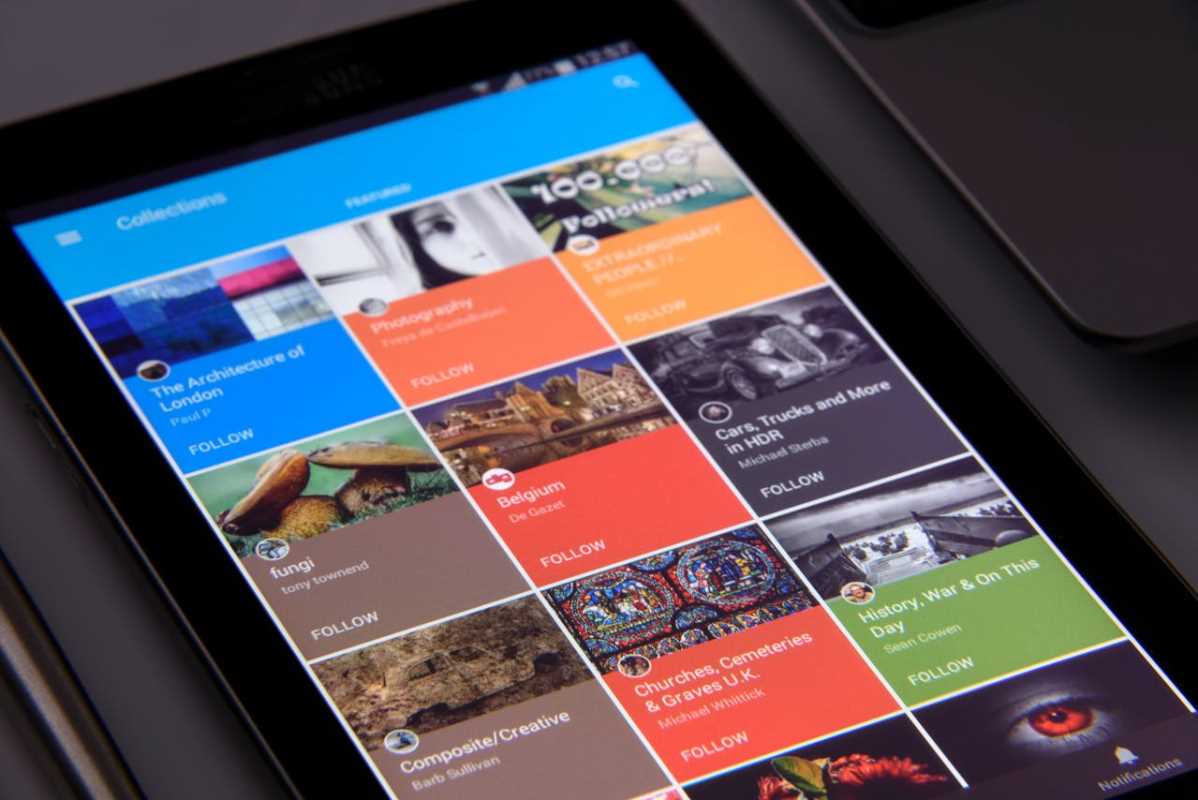Ever have one of those days where your brain feels like it’s stuck in a fog? You’re not alone, and while some might blame it on too much screen time or not enough coffee, there’s good news. Mental clarity isn’t as elusive as it seems, and you don’t need to upend your entire life to feel sharper. The secret? Small, consistent habits that make a big impact over time.
Here’s your guide to science-backed micro-habits that can help you banish brain fog and keep your mind clear and focused.
1. Start Your Day with Water, Not Coffee
We get it. Coffee is essentially the unofficial mascot of breakfast. But did you know your brain wakes up craving water more than caffeine? Overnight, your body loses moisture through breathing and sweating, which can leave you mildly dehydrated come morning. Even slight dehydration can sap your mental focus and memory.
- Micro-habit: Before reaching for your coffee, drink a glass of water. Add a slice of lemon or cucumber if you want to get fancy, but plain water works wonders. Bonus points if you keep a refillable bottle handy throughout the day to stay hydrated.
- Why It Works: Studies show that even a 1-2% drop in hydration levels can impair cognitive performance, while staying hydrated helps maintain alertness and mental energy.
2. Take Regular Breathers
When life gets hectic, it’s easy to get caught in a whirlwind of to-do lists and distractions. That’s where taking intentional pauses can help. Think of them as brain resets that don’t take hours (or require a yoga mat).
- Micro-habit: Try this quick breathing exercise called box breathing. Breathe in for four seconds, hold for four, exhale for four, and hold again for four. Repeat the cycle three or four times. It’s short, simple, and sneaky enough to do at your desk or while waiting in line.
- Why It Works: Research has found that this technique activates your parasympathetic nervous system, which can calm stress responses, leading to clearer thinking and better focus.
3. Move for a Few Minutes Every Hour
Sitting for hours on end can make your brain feel like it’s been in stand-by mode. Movement, even small bursts of it, can give you a quick mental jolt without requiring a gym membership or an hour-long workout.
- Micro-habit: Set a timer to stand, stretch, or take a brisk 2-minute walk at the top of every hour. Tiptoe to the kitchen for a glass of water (see habit #1) or just do a quick lap around your living space.
- Why It Works: Physical activity, even in small doses, increases blood flow to the brain. A study published in Nature Neuroscience found that light movement can enhance creativity, focus, and problem-solving skills.
4. Snack Smart for Brain Health
What you eat directly impacts your mental performance. The trick is to swap empty snacks for brain-supporting foods that keep things firing smoothly.
- Micro-habit: Keep nuts, dark chocolate, or berries within arm’s reach. These are rich in antioxidants, omega-3s, and flavonoids, which all support brain function. Switch out chip mindlessly munching for these smarter choices.
- Why It Works: Several studies have shown that omega-3 fatty acids (found in walnuts and some seeds) and flavonoids (in dark chocolate and blueberries) are linked to improved memory and sustained cognitive function.
5. Schedule a Tech-Free Zone
Screens are necessary for work, play, and pretty much everything in between—but too much screen time can lead to mental exhaustion. Your brain needs breaks from constant information overload to stay sharp.
- Micro-habit: Designate “tech-free” pockets of time. Start with 10 minutes twice a day, during which you step away from your devices. Pair the time with other restful activities, like sipping tea or gazing out the window (yes, staring thoughtfully into space counts).
- Why It Works: A study from the University of California-Irvine found that regular breaks away from screens help reduce mental fatigue and improve focus when you return to tasks.
6. Prioritize Micro-Moments of Gratitude
Gratitude doesn’t just make you feel warm and fuzzy; it’s a direct line to a clearer, calmer mind. A gratitude practice helps shift the brain’s focus from negative stressors to positive thoughts.
- Micro-habit: Write down three things you’re grateful for each night before bed. Keep it simple, like “That latte was delicious,” or “Caught a beautiful sunset today.” These don’t have to be monumental moments; small joys count.
- Why It Works: Neuroscience research shows that gratitude practices activate the brain’s reward system and increase dopamine, a chemical linked to focus and motivation.
7. Harness Your To-Do List Wisely
A cluttered mental to-do list can be overwhelming. That’s where prioritization comes in. Instead of trying to tackle everything, focus on what truly matters to the day ahead.
- Micro-habit: At the end of each day, jot down three key tasks for the following day. Keep your list intentional and achievable. Seeing it in writing not only clarifies your priorities but also quiets that nagging voice inside your head.
- Why It Works: Research in organizational psychology suggests that setting specific goals enhances productivity, while crossing items off a list delivers a mental reward system that feels oh-so-satisfying.
8. Get Outside, Even for Five Minutes
Nature is your brain’s BFF. Spending even a few minutes outdoors can reset your mental focus and reduce stress, especially if you’re surrounded by greenery.
- Micro-habit: Step outside for a quick dose of sunshine. If getting to a park isn’t realistic, standing on your balcony or even near an open window works.
- Why It Works: Studies reveal that time spent in nature lowers cortisol (stress hormone) levels, boosts attention, and energizes your brain. Bonus points if you pair this habit with movement or mindfulness.
9. Protect Your Sleep Like It’s Sacred
Clarity starts with rest. Sleep is when your brain takes out the mental trash, consolidates memories, and replenishes energy for the next day.
- Micro-habit: Stick to a consistent bedtime routine. Try winding down with a relaxing activity like reading, journaling, or dimming the lights 30 minutes before bed. Aim for 7-9 hours of sleep, depending on what feels right for you.
- Why It Works: The National Sleep Foundation reports that proper sleep enhances cognitive performance, focus, and problem-solving abilities while reducing daytime drowsiness and brain fog.
10. Practice the Art of Saying “No”
Mental clarity often comes down to one word that can feel challenging to say sometimes: no. Overcommitting can scatter your energy, leaving less focus for what matters most.
- Micro-habit: Before saying “yes” to any new task, pause and ask yourself, “Does this serve my priorities or values?” Politely decline requests that aren’t essential.
- Why It Works: Research from Psychology Today shows that setting boundaries reduces stress, protects energy, and enhances mental clarity by keeping you focused on what truly matters.
The beauty of these micro-habits is that they’re bite-sized and easy to weave into even the busiest schedules. You don’t need to overhaul your routine or master every habit at once; simply start where you are and build from there. Each small step compounds over time, creating space for clearer thinking, better focus, and a brighter, more balanced version of you.
 (Image via
(Image via





